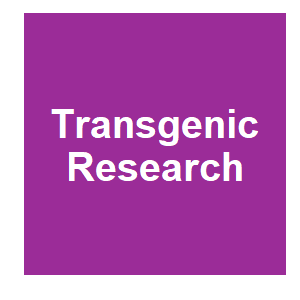Playing God and tampering with nature: popular labels for real concerns in synthetic biology

|
L. Carter, A. Mankad, E. V. Hobman and N. B. Porter,
Transgenic Research,
2021.

Public engagement in science with diverse cross-sections of the community is considered a critical aspect of responsible biotechnological innovation. While the research community shows willingness to engage with both ambivalent and supportive audiences about potentially disruptive technological advances, there is less enthusiasm for engaging with groups who hold deeply opposing views to such advances. ‘Playing God’ and ‘tampering with nature’ are popular examples of intrinsic objections often made in opposition to the development or use of novel genetic technologies. Historically appearing in arguments against the pursuit of genetically modified organisms in agriculture and food industries, intrinsic objections have previously been labelled by the science community as inconsistent, non-scientific, and vague. Now found in a range of innovation contexts, the domain of synthetic biology appears to attract such objections consistently. We present the findings from a large Australian study (N = 4593) which suggests ‘playing God’ objections and their variants can be multilayered and, at times, accompanied by meaningful information about risk perceptions. We use qualitative analysis of open-ended responses from an online survey to show how these objections are articulated in response to selected synthetic biology applications across environmental and health domains. Our research invites a rethink of how the synthetic biology community perceives, and engages with, people who express intrinsic objections. These people may additionally hold extrinsic concerns that may be potentially addressed, or at least reasonably considered, through dialogue. We offer some concluding remarks for engaging with publics who employ these types of arguments to communicate unease with aspects of technology development and use. More related to this: Driven to extinction? The ethics of eradicating mosquitoes with gene-drive technologies GENE DRIVE ORGANISMS: Implications for the environment and nature conservation Global citizen deliberation on genome editing Exploring Gene Drive Technologies in Agriculture, Biodiversity and Human Disease
|



